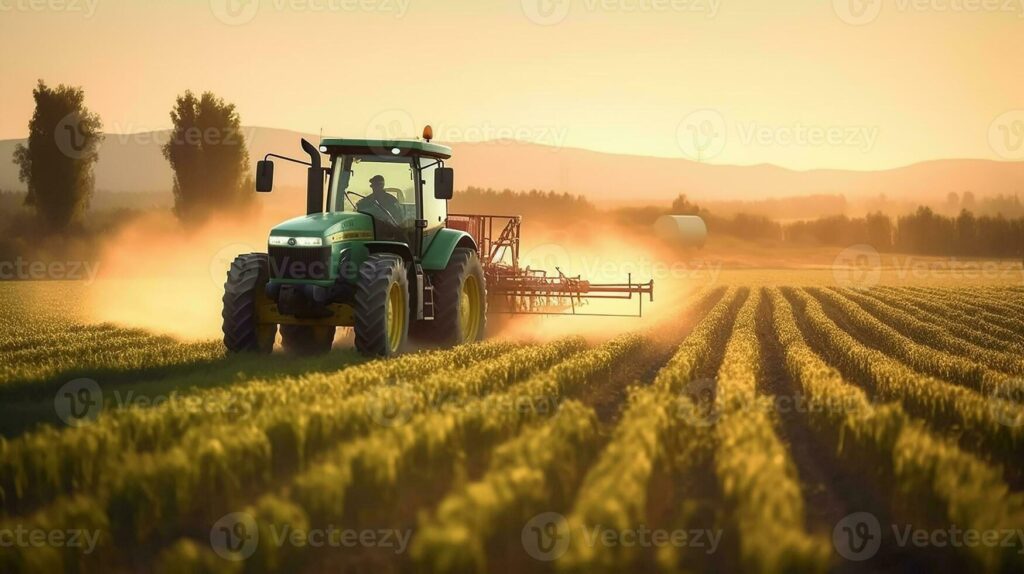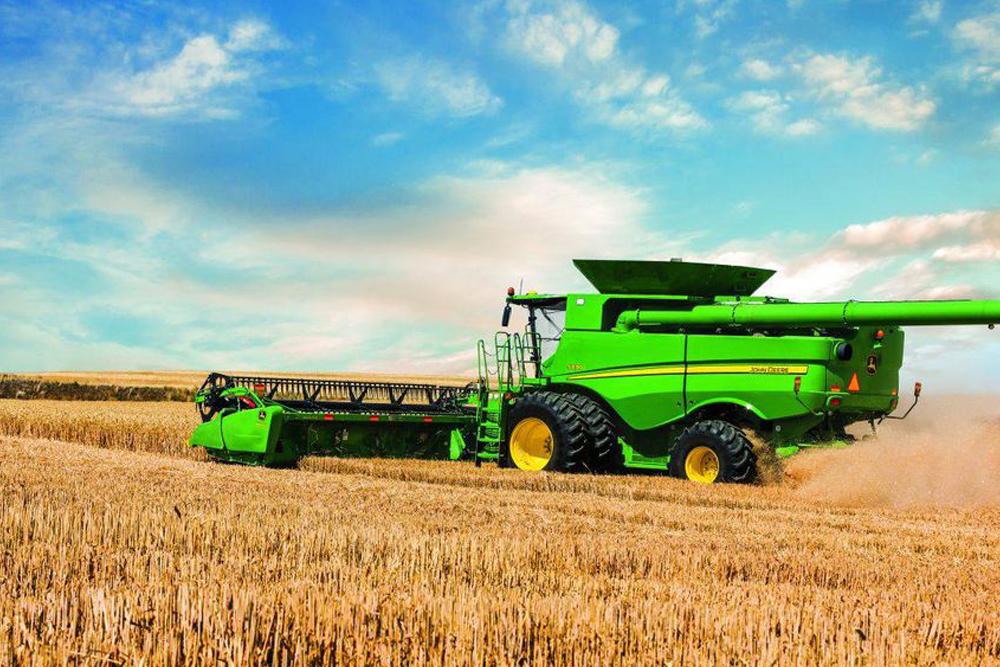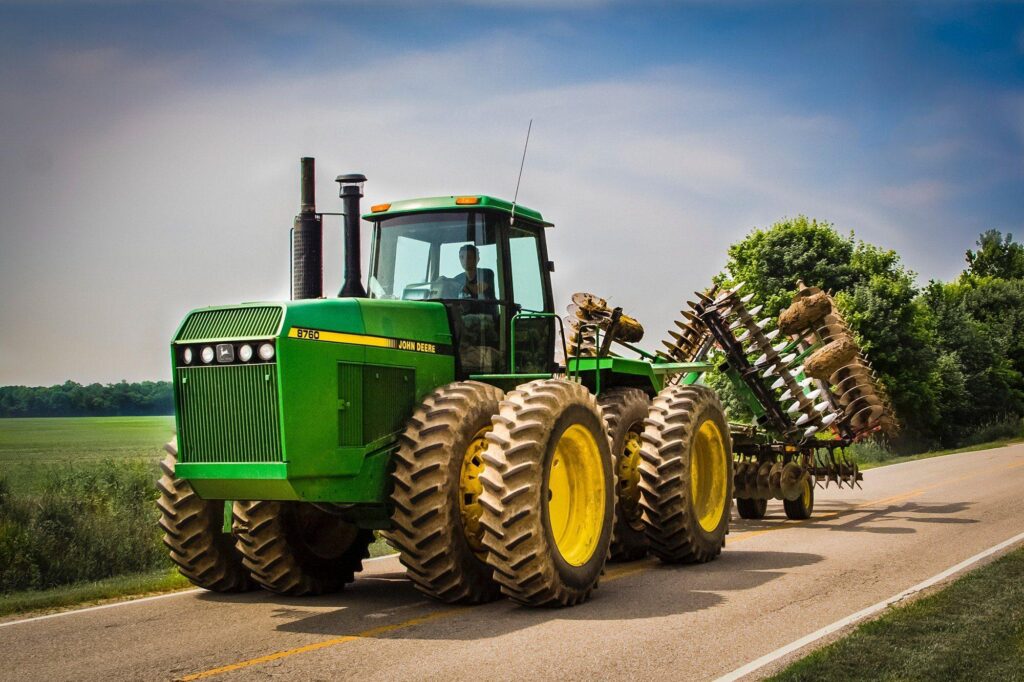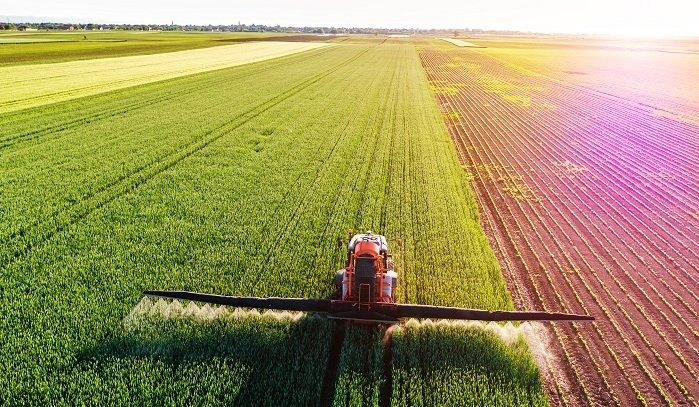South Korean agricultural machinery manufacturer Daedong has introduced its latest line of AI-powered tractors at the Consumer Electronics Show (CES), marking a significant step in the evolution of smart farming technology. The new tractors integrate artificial intelligence systems to optimize farming operations through autonomous navigation, precision planting, and real-time crop monitoring capabilities. In a groundbreaking showcase at the Consumer Electronics Show (CES), agricultural machinery manufacturer Daedong has introduced its latest innovation in farming technology – autonomous tractors equipped wiht advanced artificial intelligence capabilities. These next-generation vehicles represent a significant leap forward in smart farming solutions, combining refined sensors, machine learning algorithms, and precision agriculture techniques.
The new AI-powered tractors utilize a comprehensive array of cameras and sensors to navigate fields autonomously while performing various agricultural tasks with remarkable precision. The system incorporates LiDAR technology, GPS guidance, and computer vision to create detailed field maps and optimize routing patterns, ensuring maximum efficiency in crop management and resource utilization.
These intelligent machines can operate around the clock, making real-time decisions based on soil conditions, weather data, and crop health indicators. The AI system continuously analyzes field conditions and adjusts its operations accordingly, whether it’s determining optimal plowing depths, adjusting seeding rates, or modifying fertilizer applications.
One of the most notable features is the tractors’ ability to learn from experience and improve their performance over time. The machine learning algorithms process data from each operation, creating increasingly refined models for different agricultural scenarios and conditions. This adaptive capability ensures that the tractors become more efficient and precise with each passing season.
The vehicles also incorporate advanced safety features, including obstacle detection and avoidance systems that can identify and navigate around unexpected objects, animals, or people in the field. Remote monitoring capabilities allow farmers to supervise operations from anywhere using a smartphone or tablet, receiving real-time updates and alerts about machine status and field conditions.
Daedong’s smart tractors are designed to integrate seamlessly with existing farm management systems, enabling data sharing and synchronized operations across multiple vehicles and implements. this connectivity facilitates comprehensive farm planning and execution, from initial soil preparation to harvest.
The economic implications of this technology are significant. Early testing suggests potential yield increases of up to 15% while reducing operating costs by 20% through optimized resource usage and reduced human intervention. The tractors can work efficiently in various weather conditions and lighting situations, extending the practical working hours beyond customary farming limitations.
environmental benefits are equally noteworthy, with precise request of inputs reducing chemical usage and minimizing soil compaction. The AI systems optimize fuel consumption and reduce emissions while maintaining optimal performance levels. These features align with growing demands for sustainable farming practices and reduced environmental impact in agricultural operations.
The introduction of these AI-powered tractors marks a significant milestone in the evolution of precision agriculture, offering farmers powerful tools to address labor shortages, improve productivity, and enhance sustainability in modern farming operations.




